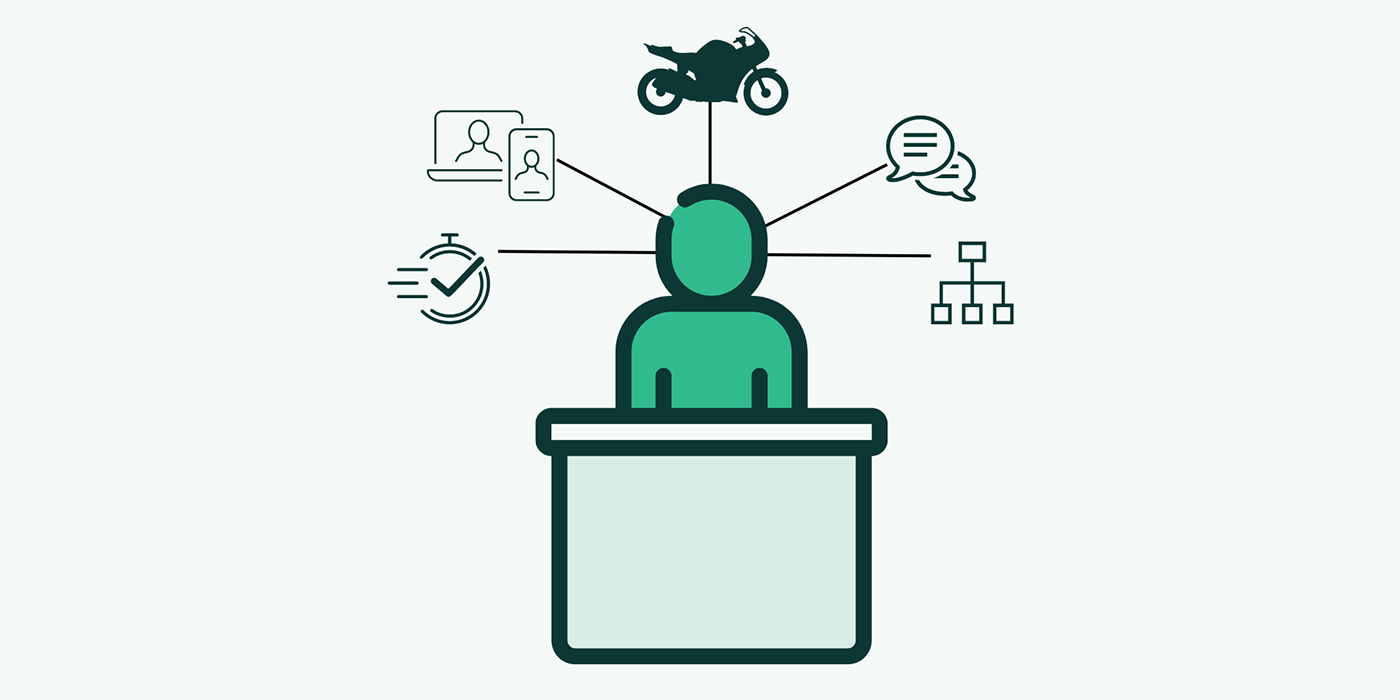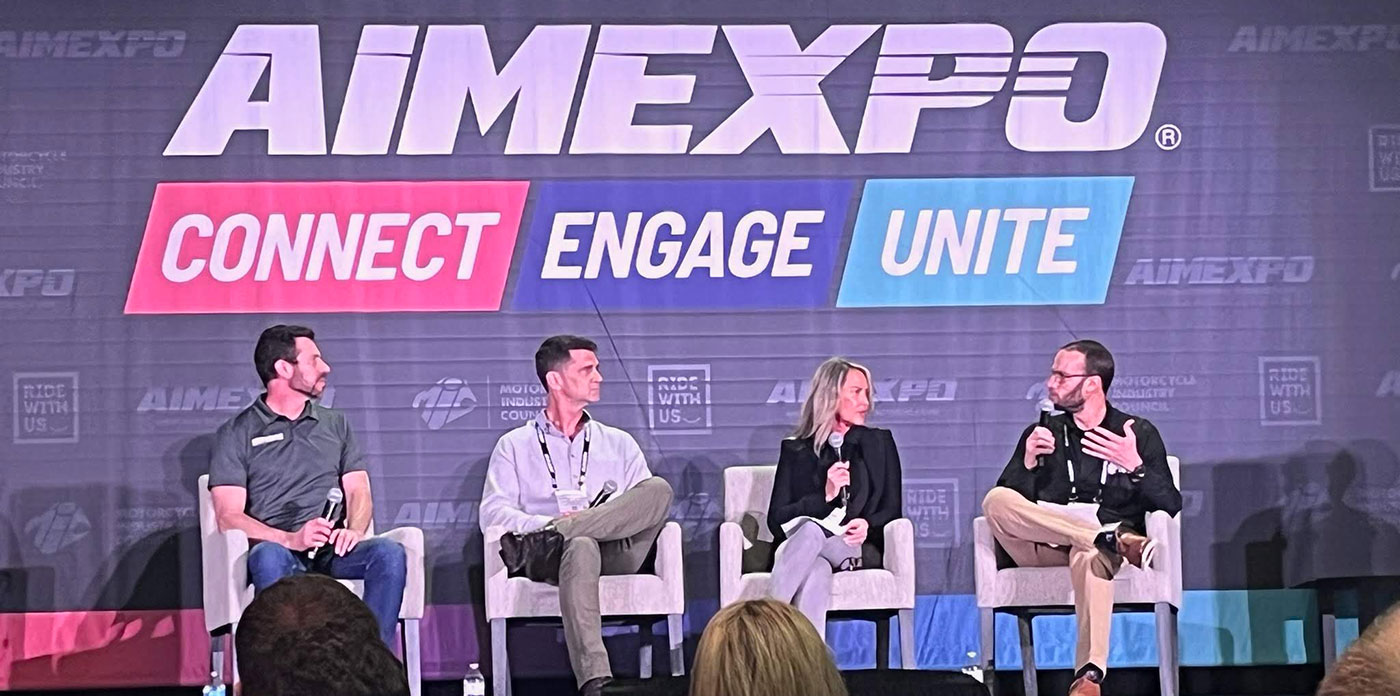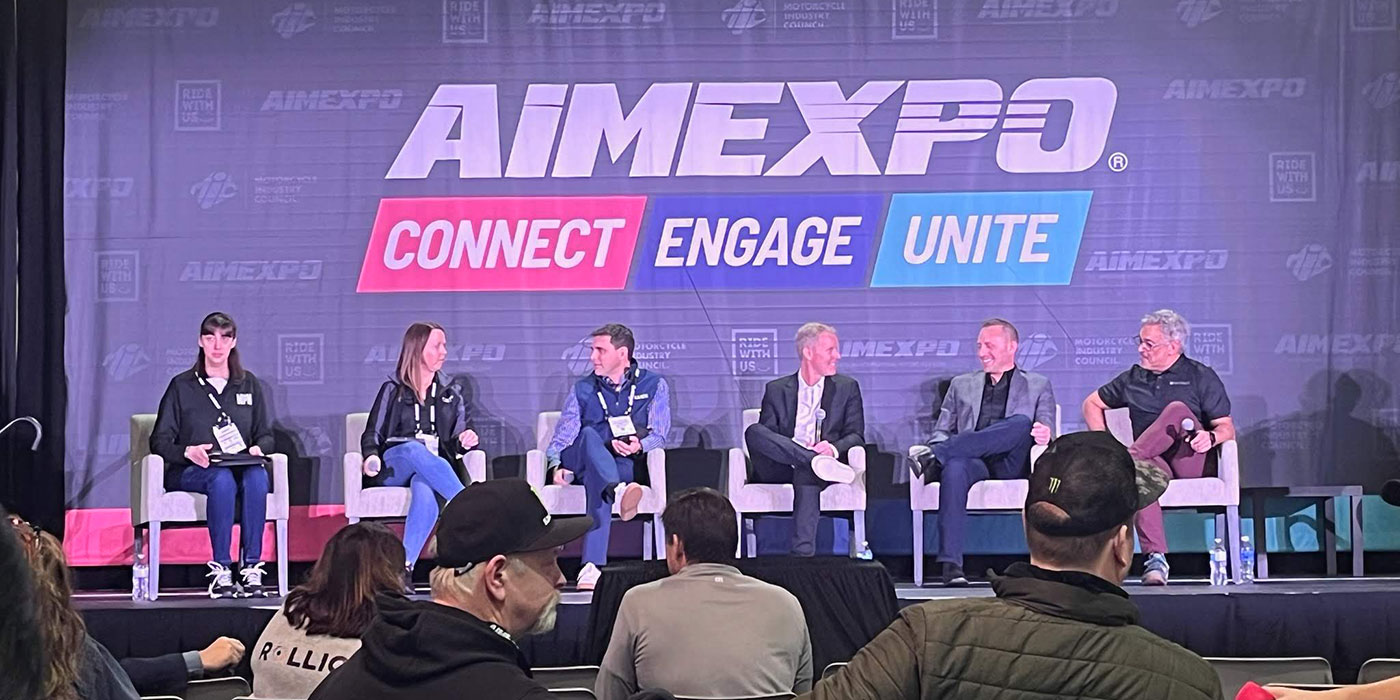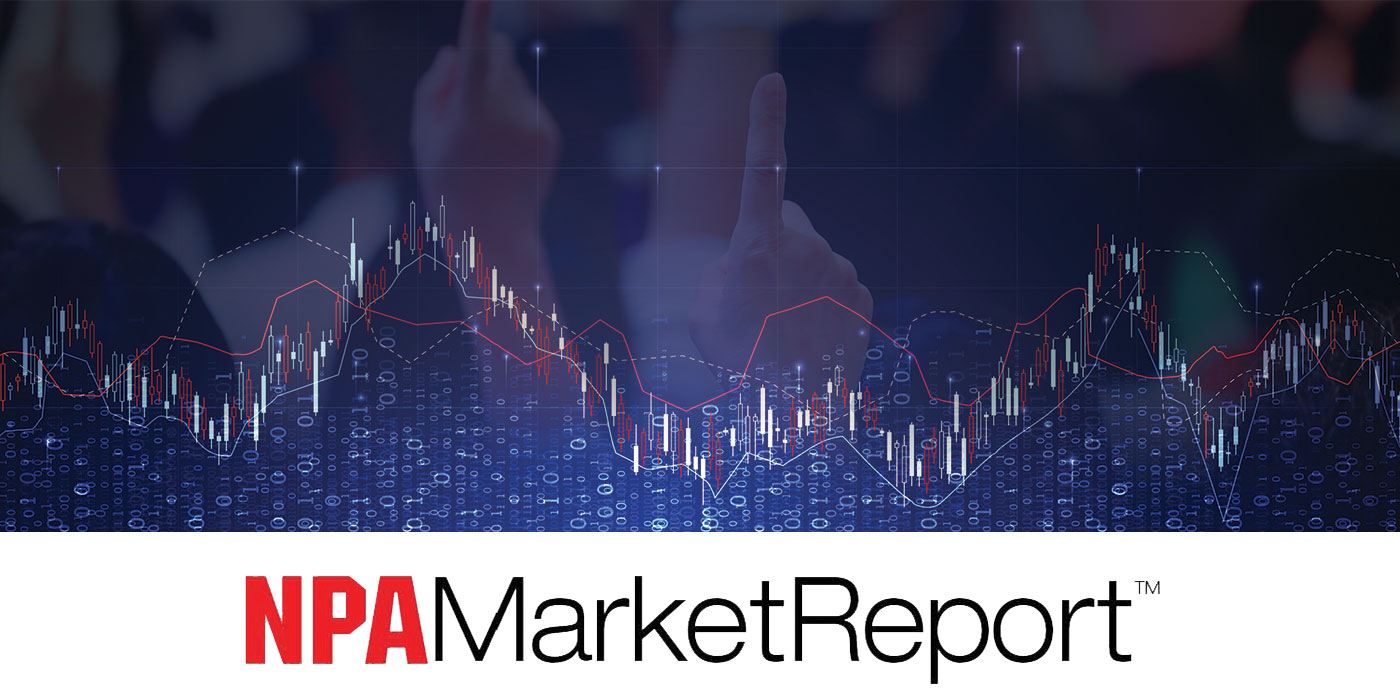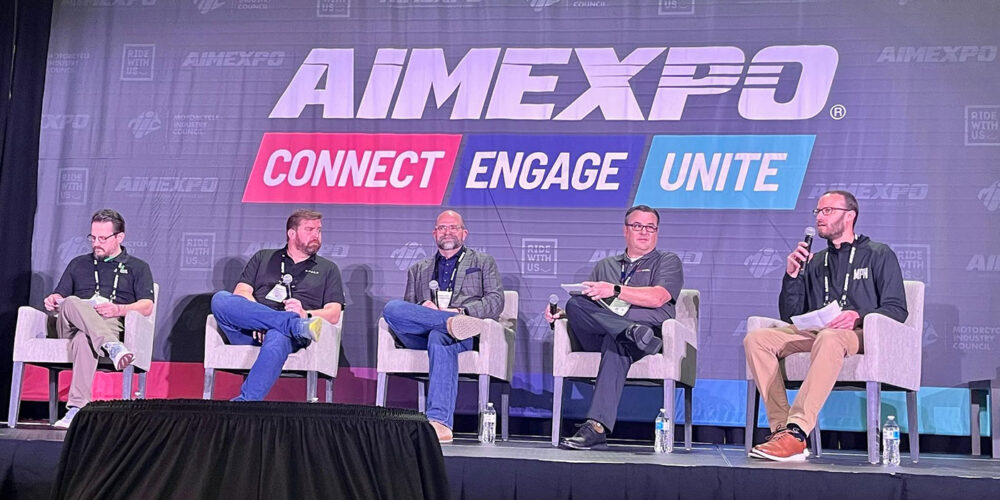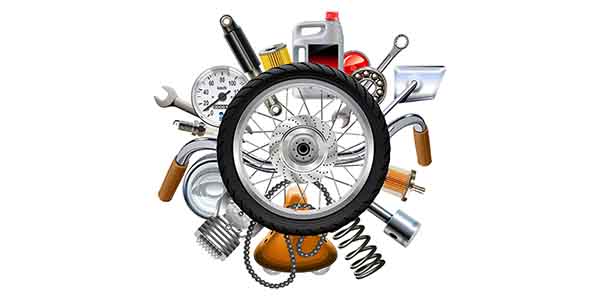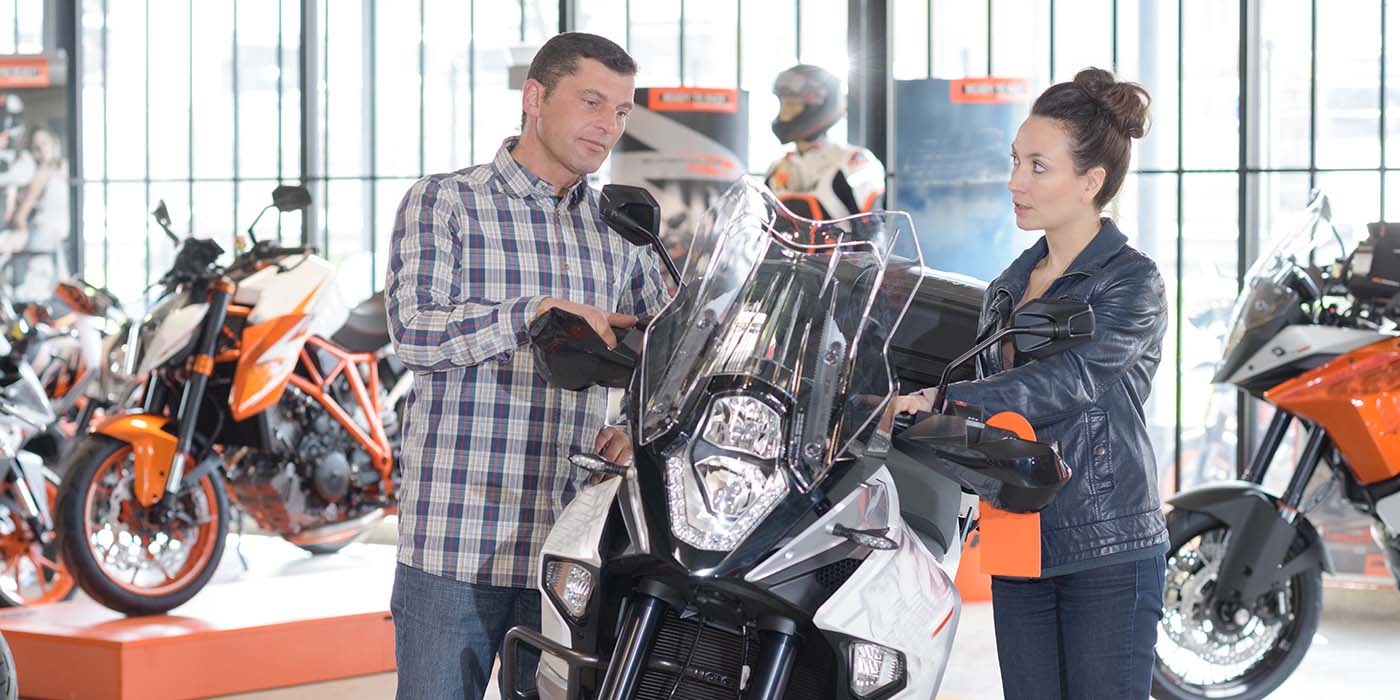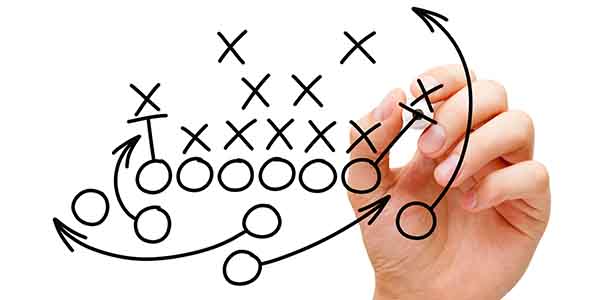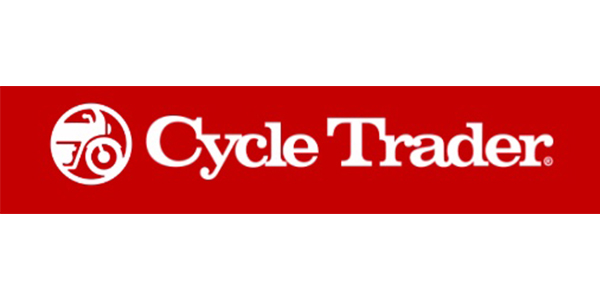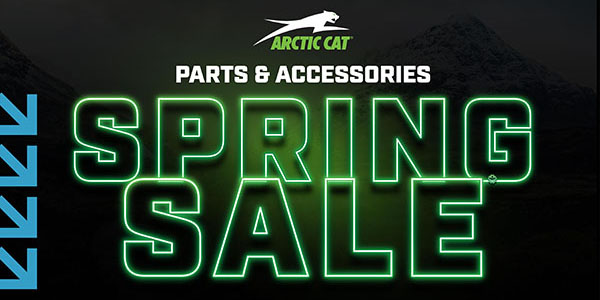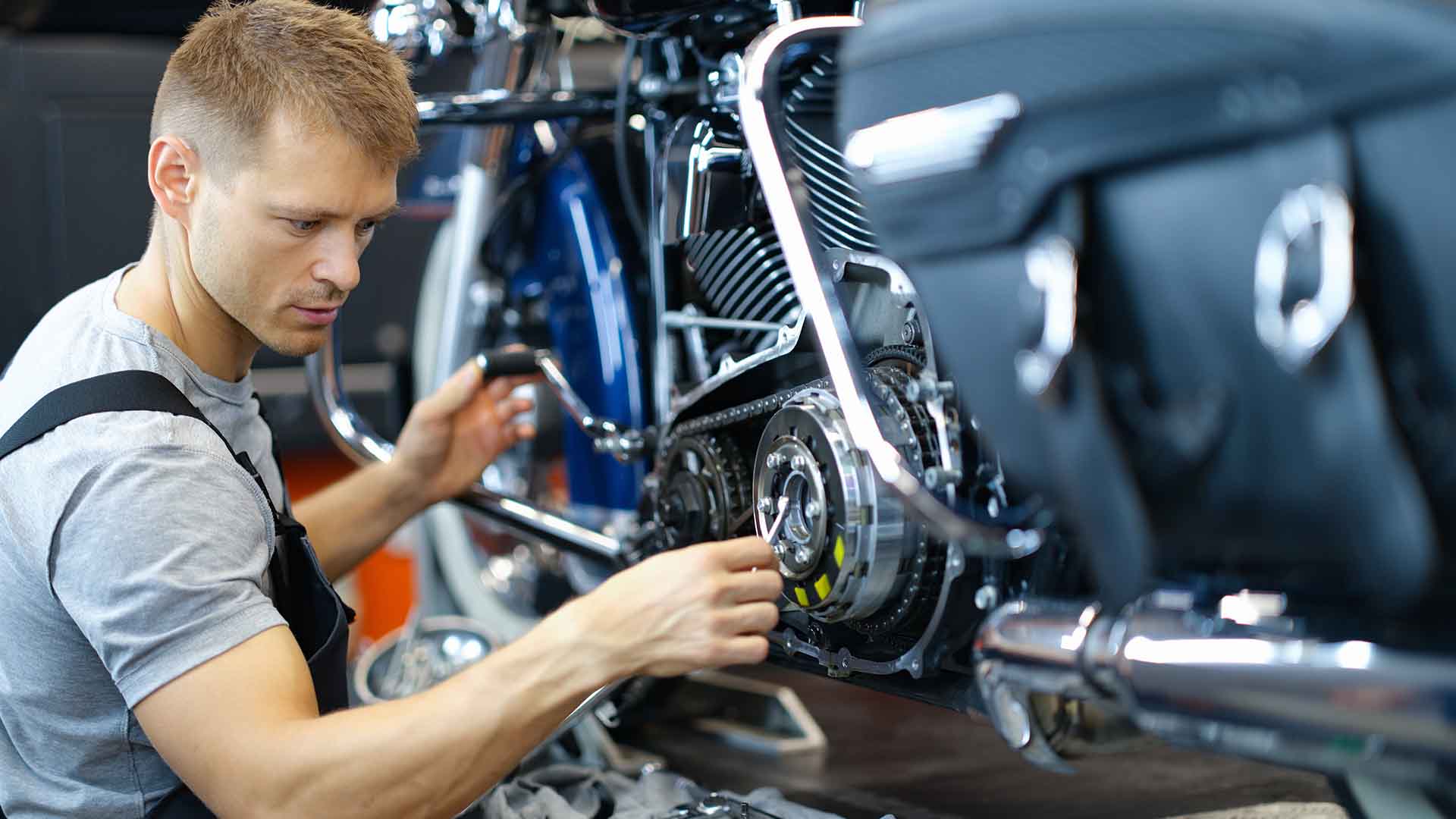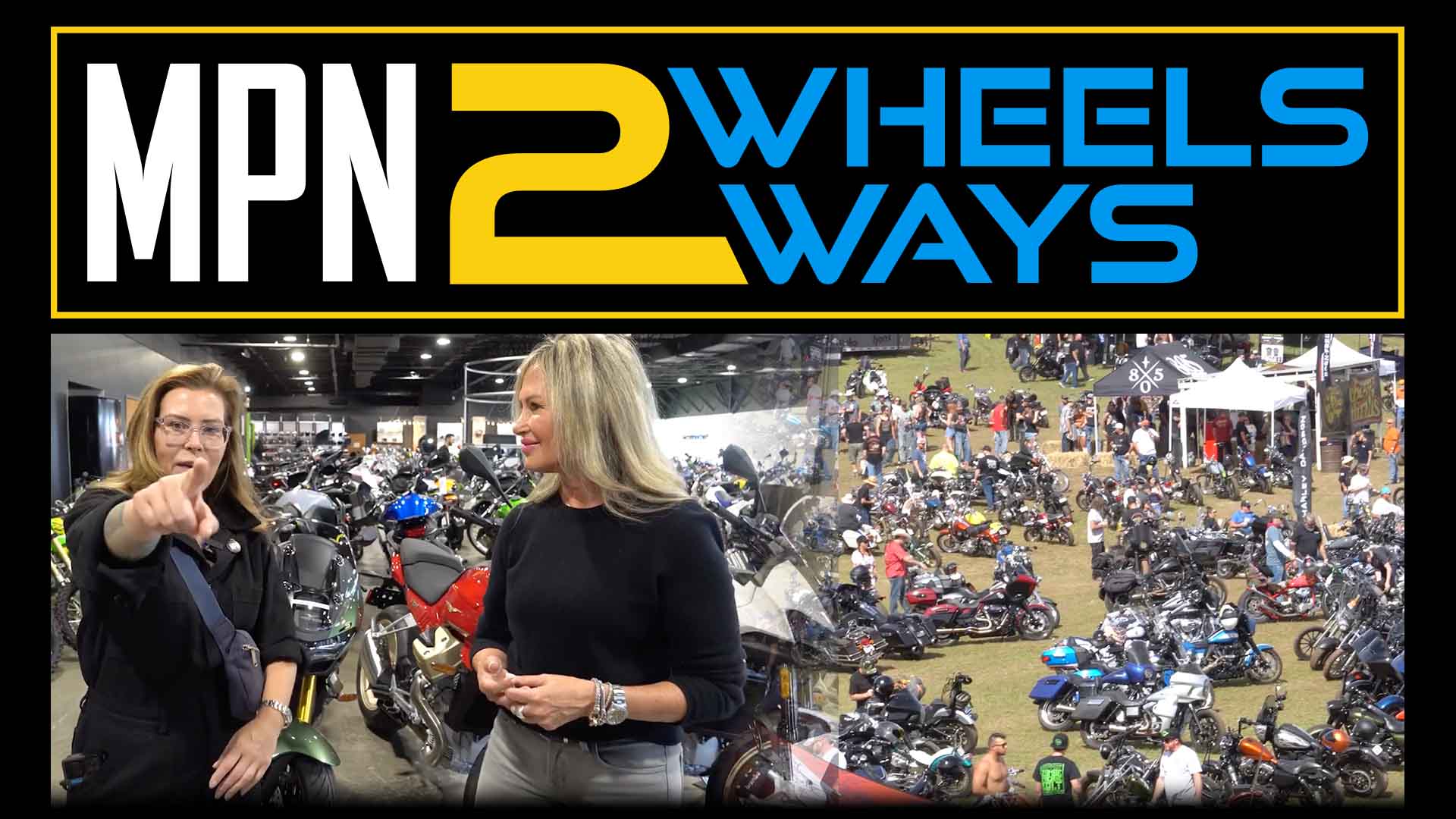Recently, there was a YouTube video being shared around the industry where the Youtuber was encouraging followers to forward the item on to all of the oriigiinal equipment manufacturers (OEMs). In it, he was strongly suggesting that the OEMs pay for all of these so-called “influencers” to take an advanced riding course. The idea was these “influencers” could do a better job of evaluating motorcycles if they knew how to ride them in a more professional manner.
On the face of it, perhaps there is a point buried in there somewhere, but to me, they seem to be selfishly encouraging the OEMs to further their own ability to make money with YouTube and TikTok. After all, they seemingly want help to grow their number of followers so they can make more money. That’s their business.
In the real world, if I want to get better at something, there is indeed training involved, whether I want to be a powersports technician, a doctor, a lawyer, a rodeo rider or a circus clown. However, I would be laughed out of the room if I went to the respective industry representatives to ask for them to pay for the training up front so that I can make more money before I prove myself. The world doesn’t work that way.
This is just another facet of the whole “sponsorship” conundrum. I boiled down my sponsorship deals with selected riders based on one thing, and one thing only: How many customers will this rider bring in to my store? How many bikes or parts and accessories (P&A) will I sell because of this particular rider?
I once helped an OEM sponsor some riders on bikes to be used on a long charity trip they wanted to do. They spent the whole trip trashing the bikes and sold all of the unused branded P&A they were supposed to be promoting on the ride, and then they started promoting another brand right after they finished the ride. Basically, they got a free tour out of us.
How many times have you had people coming in and saying that they finished first in a race last weekend, and would I sponsor them by giving them a discount because of that? Oh, yeah, and how about lending them a bike for the year? Why is it my responsibility to pay for your hobby?
I once had a young rider who I decided to help out. Let’s call him Brad. It started out innocently enough with some small discounts and some mechanical help. Soon, however, I noticed more and more people coming in, saying, “Brad sent us!” He became a mentor to the other riders (he was a very good rider himself) and mentioned our shop in every conversation he had. Brad probably did more for us than all of the other riders I ever sponsored put together.
Brad never hassled me for a better deal; he just proved himself to me over and over again. Guess what? If Brad needed anything, we helped him out. Whether with P&A, mechanical or a bike, he got that help. If a new accessory or clothing line came out that I wanted to promote, I gave it to him to try out. If it was a great product; everyone heard about it. If it was not so hot, he would return it, and we would never mention it again.
That was then. Now, we get all of these “influencers” coming in saying that if they get free products, they will give us a great review. Maybe I’m not understanding this new world, but if I have to buy a great review, is it really that valid? What happens when two competing companies give the influencer some product? I want someone to bring in clients because he believes in us, not just because I give him free goods.
If I was an “influencer,” I would find a shop I really liked, and first I would prove myself to it, and then approach the shop with a concrete proposal to help the dealership in some way. I don’t think that’s out of the realm of reality. If the shop declines, I would not tear it down, but I would move on. Shops are always looking for an edge, and maybe someone would see the value.
I want someone to show me he or she is an influencer — not just tell me. I need more Brads, and so do you.


